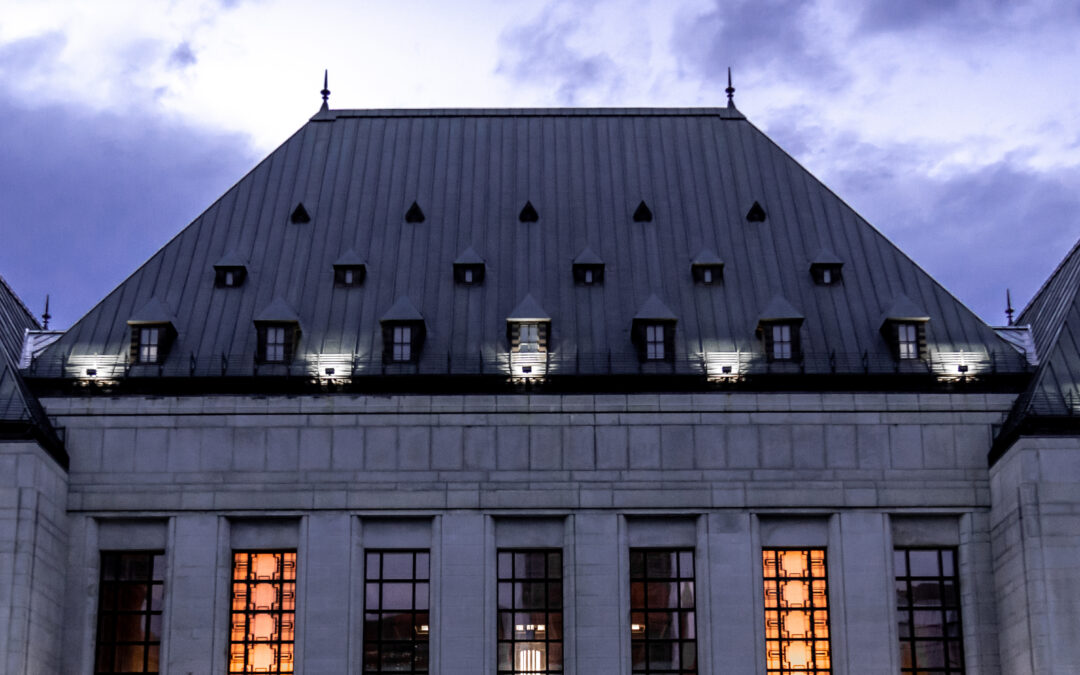By: Julia Peterson, Local Journalism Initiative Reporter, The StarPhoenix
The Supreme Court of Canada has ruled that — despite a multi-year investigation into charges of misconduct against him — Prince Albert lawyer Peter V. Abrametz did not face undue delays during those disciplinary hearings.
In 2018, the Saskatchewan Law Society found Abrametz guilty of “conduct unbecoming a member of the bar” after an investigation into his financial records.
The law society said Abrametz, who has practiced law in Prince Albert for nearly 50 years and specializes in personal injury cases, had been running an “elaborate” trust fund scheme, issuing high-interest loans to vulnerable clients and personally cashing cheques from clients that weren’t being recorded in the law office’s general account.
Before that, in 2013, the law society temporarily suspended Abrametz before allowing him to continue practising law under certain conditions.
Because the law society’s disciplinary process against him took so long, Abrametz argued that it amounted to an abuse of process.
Though the law society’s Hearing Committee dismissed Abrametz’s argument, the Court of Appeal for Saskatchewan agreed with him.
However, the Supreme Court of Canada has now issued an 8-1 decision in favour of the law society, stating that there was no abuse of process in this case.
“The (Saskatchewan) Court of Appeal departed from its proper role when it substituted its own findings of fact, notably on the scale and complexity of the investigation,” wrote Supreme Court Justice Malcolm Rowe.
In this case, the Supreme Court has ruled that, although there was certainly a long delay, it was neither “inordinate” nor significantly unfair to Abrametz.
Furthermore, it noted this was a complex case that took time to properly investigate.
The Supreme Court’s ruling also noted that “a significant share of delay in the proceedings should be attributed to Mr. Abrametz, due to his unavailability or the unavailability of his counsel.”
However, though the Court awarded costs to the law society in this case, it also said that “the actions of the Law Society were not above reproach,” and that it should make “every effort” to wrap up disciplinary proceedings in a timely manner and “safeguard procedural fairness.”
Peter V. Abrametz is not to be confused with his son, Peter A. Abrametz, who is also a lawyer in Prince Albert.
(Photo courtesy of the Supreme Court of Canada)
